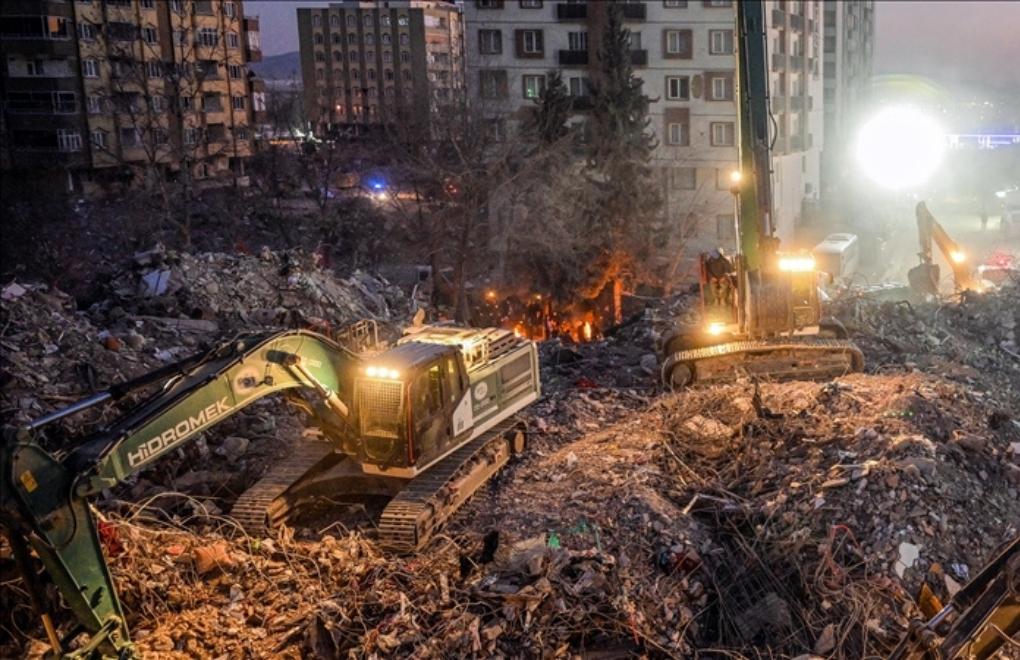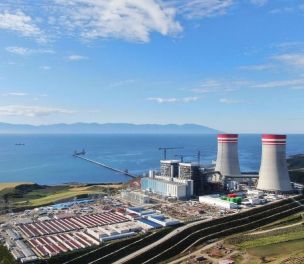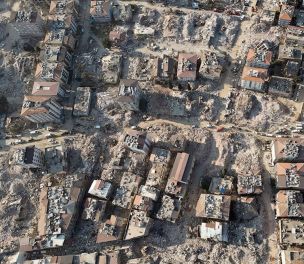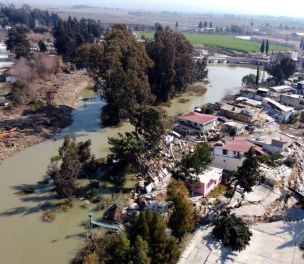Photo: AA
Click to read the article in Turkish
The İstanbul Branch of the Chamber of Environmental Engineers (ÇMO) has called for "professional waste management" following the February 6 earthquakes, which left more than 100,000 buildings severely damaged or collapsed in Türkiye's south and southeast.
It is not possible for volunteers to deal with wreckages and solid waste in the 10 cities affected by the earthquake since it's a very costly job that requires professional equipment, the chamber said in a report released today (February 20).
"The first step of the right waste management is to collect the waste separately at the source," says the report. "The most intense type of waste generated as a result of the disaster is the construction waste and wreckages."
The chamber predicted that some 104 million tons of construction and demolition waste would be generated, assuming that the amount of waste per person would be between 8 and 16 tons.
Asbestos
One of the most dangerous materials released from buildings that have been collapsed or to be demolished is asbestos, the chamber said, noting that waste containing asbestos should be collected and disposed of separately.
"Asbestos is used in many types of materials (insulation materials, floor and ceiling tiles, boiler room building elements, gaskets, etc.). With destruction, the asbestos bound in all these materials mix into the air and have the potential to have a 1st-degree carcinogenic effect on living beings."
In order to prevent the inhalation and transportation of asbestos, water should be sprayed on buildings, the chamber advised. While asbestos is not dissolved in water, spraying water on buildings is considered a measure to prevent its transportation by the wind.
Domestic waste
Another type of waste that needs to be managed is domestic waste generated by the people who have been displaced because of the earthquake, the chamber noted.
Such waste is not being collected regularly, which threatens public health and environment, it said.
The emission of dust during the transportation of the waste would also threaten agricultural and forest areas, according to the report. (TY/VK)











